Divisions in the EU over immigration policies and responses
- Update Time : Saturday, October 26, 2024
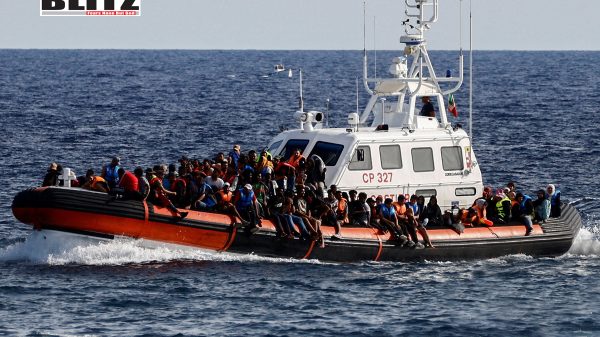
The ongoing debate around immigration, particularly illegal immigration, continues to highlight divisions within the European Union, with member states and political factions split on how to address the persistent inflow of migrants. Left-wing parties and right-wing parties approach the issue with opposing philosophies: while leftist factions advocate for pro-immigration policies, prioritizing humanitarian concerns, right-leaning factions emphasize the need for stringent immigration laws and tighter border controls to manage both legal and illegal entries.
The Mediterranean has become a focal point in this debate, as southern European countries, particularly Italy, face the highest number of migrant arrivals. Italian Prime Minister Giorgia Meloni recently took a bold step by passing a decree that bypasses legal challenges to Italy’s offshore processing deal with Albania. The decree designates entire countries as “safe” for migrant returns, circumventing recent court rulings that blocked deportations to countries like Bangladesh and Egypt due to safety concerns. This decree is reminiscent of the UK government’s controversial plan to process migrants in Rwanda, a proposal criticized as inhumane by liberal politicians. Supporters argue that these measures are necessary to deter dangerous sea crossings and reduce deaths caused by human trafficking.
Proponents of stricter immigration policies argue that firm measures are already acting as a deterrent. According to data from the EU’s border agency Frontex, unauthorized border crossings fell by 39 percent in the first eight months of 2024 compared to the same period in 2023. The drop in illegal migration figures is significant given the sharp increase over the past five years, with unauthorized immigrants reaching 1.2 million in 2023, a 121 percent surge since 2018. While illegal immigration affects countries across Europe, Germany reported the highest number of illegal residents in 2023 with approximately 263,670, followed closely by Italy and Hungary.
People-smuggling networks from Africa and the Middle East often charge migrants exorbitant fees, which can reach $10,000 for perilous journeys to Europe. These crossings frequently result in tragedy; the European Council reported 3,711 fatalities along Mediterranean and West African routes in 2023 alone. This humanitarian crisis, coupled with the pressures on social services in arrival countries, is fueling demands for more effective border control policies and action against trafficking networks.
Adding complexity to the debate, Europe’s demographic landscape is changing as it faces an aging population and a shrinking workforce. A declining birth rate has created an inverted population pyramid in many EU countries, placing pressure on social systems like pensions and healthcare. Immigration, particularly of young, able-bodied workers, could help alleviate this demographic crisis by filling gaps in the labor market. However, integration challenges must also be considered, as poor assimilation of migrants can lead to social fragmentation, tensions, and pressure on public services.
Left-wing politicians have historically supported more open immigration policies, sometimes in hopes of addressing these demographic issues. Former German Chancellor Angela Merkel’s decision to admit over a million refugees in 2015 was seen by some as a response to the demographic challenges facing Europe. Yet the decision has also been widely criticized for failing to consider the longer-term impact on German society, with rising social tensions and resource strain among the unintended consequences.
The European Union has made moves to address these issues with the Pact on Migration and Asylum, a set of policies approved this year and set to take effect in 2026. The pact aims to streamline asylum processes, enhance border security, and encourage member states to share the burden of incoming migrants more equitably. However, its implementation is not without hurdles. Countries like Hungary firmly oppose mandatory redistribution quotas, arguing that such policies infringe on national sovereignty. This rift within the EU underscores the fragile unity of the bloc when it comes to addressing immigration and asylum policy reform.
Sweden, once known for its open immigration stance, has also shifted toward a more restrictive policy. Facing rising social tensions, the government has introduced stricter asylum laws, minimized asylum applications, and promoted voluntary repatriation. Other countries, including Denmark and Austria, have enacted similar policies to curb migration. Even Germany, a major supporter of the 2015 refugee influx, has recently implemented temporary border checks to manage irregular migration.
Such shifts reflect the power of electoral politics on immigration stances, with left-wing parties adjusting their positions to stay aligned with voter sentiment. Immigration has increasingly become a major electoral issue, especially in countries with high levels of immigration-related social tension. This pressure is driving politicians from both sides of the spectrum to reevaluate their policies, as they respond to constituents’ concerns about safety, cultural cohesion, and economic stability.
Critics argue that left-leaning parties, by supporting more permissive immigration policies in the past, have contributed to current challenges, including overburdened public services, social fragmentation, and tragic losses of life during perilous sea crossings. Moreover, some critics suggest that the motives behind permissive immigration policies may not be purely humanitarian, pointing to potential political gains in the form of expanding voting blocs.
In popular culture, this ideological divide around immigration is often portrayed as a conflict between the “moral high ground” of liberal politicians and the lived realities of ordinary citizens. In the 1992 French film La Crise (The Crisis), a wealthy socialist MP criticizes a man for his views on immigration, only to discover that this man has friends and family from immigrant backgrounds. The scene serves as a reflection of how certain politicians, particularly those on the left, may be out of touch with the everyday realities that influence public opinion on immigration.
As Europe grapples with immigration, it is clear that the issue has the potential to drive divisions between member states, hinder cooperation on broader security and economic policies, and shape future EU politics. Even with the Pact on Migration and Asylum, achieving a consensus that satisfies both humanitarian obligations and security concerns remains a daunting task. As the continent navigates these challenges, the debate over immigration may well define the EU’s future and its ability to sustain unity among its diverse members.




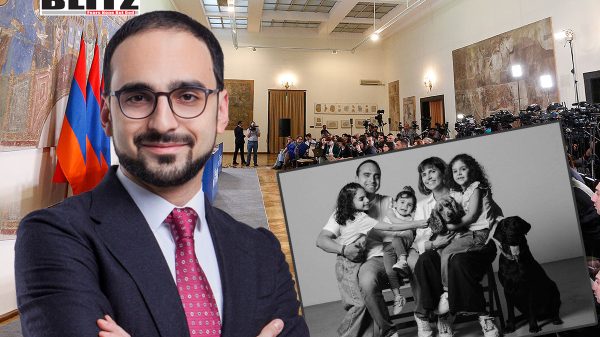
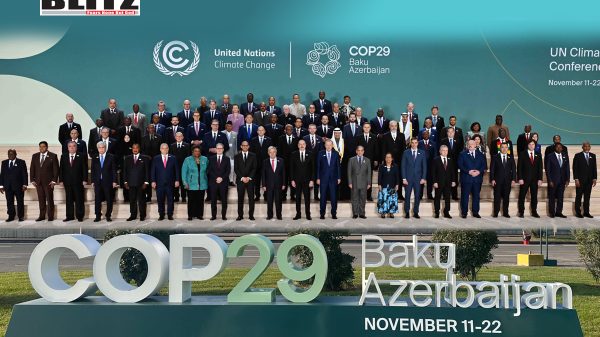
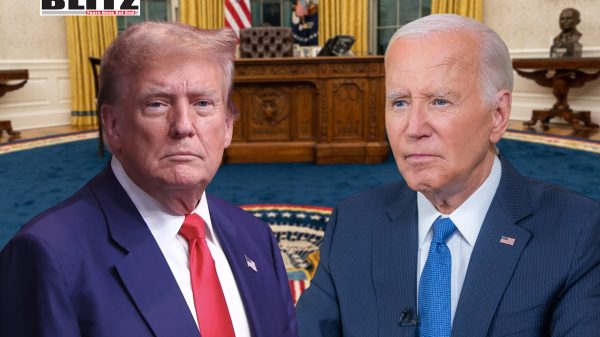

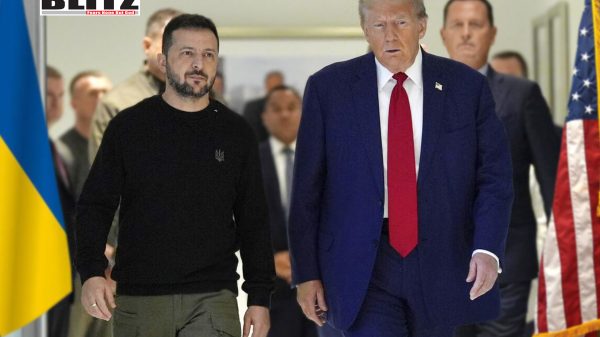

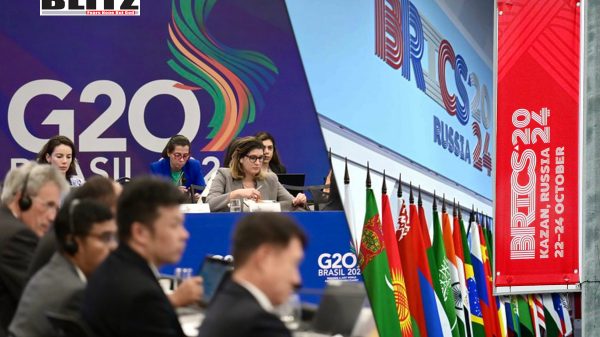
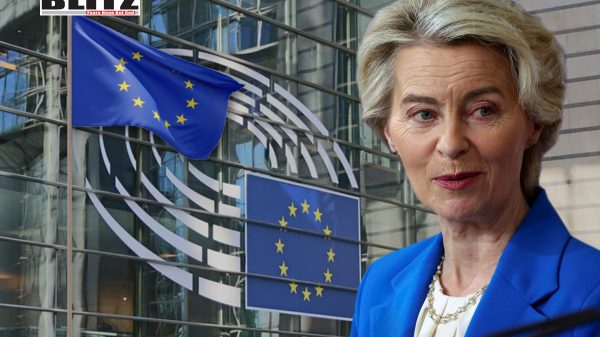

Leave a Reply